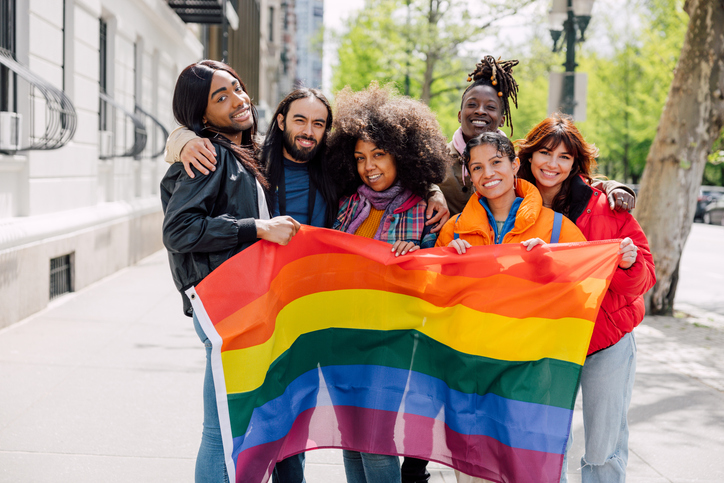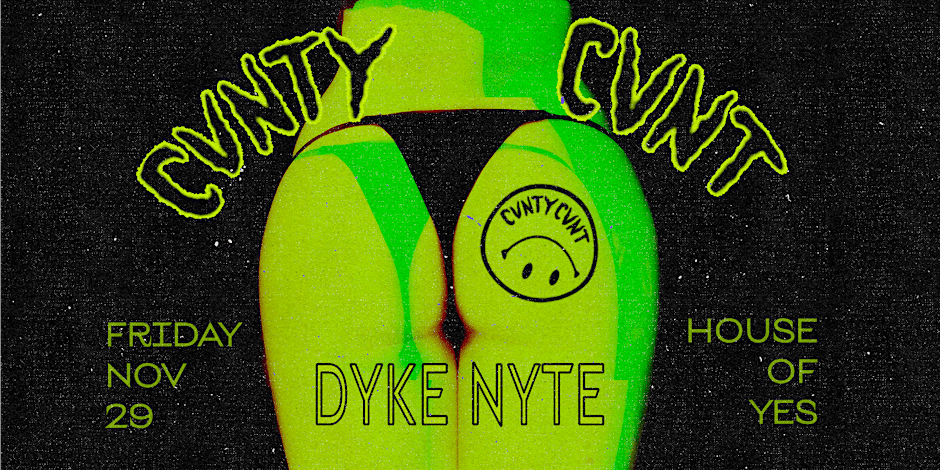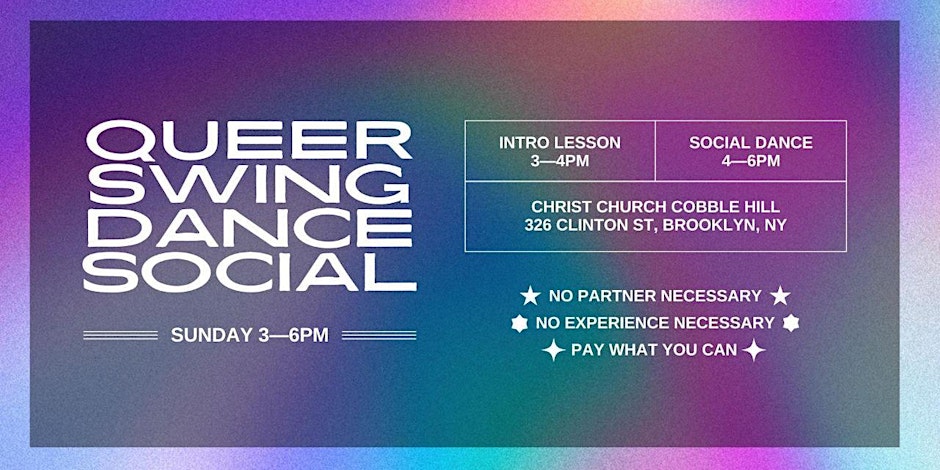Voters in California, Colorado, and Hawaii approved measures Tuesday to enshrine marriage equality protections in their state constitutions.
While the U.S. Supreme Court approved the right for same-sex couples to marry nationwide in 2015, many LGBTQ activists and state lawmakers are now concerned the decision could be overturned, making couples vulnerable at a state level.
Prior to these elections, 35 states had either a constitutional amendment or a statute banning same-sex marriage, according to the Movement Advancement Project. If gay marriage protections are overturned nationwide, these bans could become enforceable.
California’s recently approved Proposition 3 will remove language from the state constitution, which declares marriage is between a man and a woman. The definition was instilled into the constitution by Proposition 8, which passed by the state in 2008, just months after the California Supreme Court legalized gay marriage.
Although Proposition 8 was declared unconstitutional in 2010, the language was never removed from the state’s constitution. Proposition 3 will eliminate the phrase and replace it with, “the right to marry is a fundamental right.”
The measure was approved by 61 percent.
In Colorado, voters also agreed to remove their state constitution’s ban on gay marriage by passing Amendment J. The measure will strike down language defining marriage as “only a union of one man and one woman.”
The definition was added to the state’s constitution in 2006 by Amendment 43. In the aftermath of multiple state and federal lawsuits against the amendment, the ban was found to be unconstitutional in 2014.
More than 63 percent of Colorado voters approved Amendment J, finally removing the language from the state constitution.
Over 65 percent of voters in Hawaii voted yes to Question #1 on the ballot, which asked “shall the state constitution be amended to repeal the legislature’s authority to reserve marriage to opposite-sex couples?”
In 1998, Hawaiian voters approved Section 23 of the state constitution. Section 23 states “the legislature shall have the power to reserve marriage to opposite-sex couples.”
Hawaii passed the state Marriage Equality Act in 2013, but, again, the language within the constitution remained unchanged.
These three states follow in the footsteps of Nevada, which became the first state to enshrine same-sex marriage protections into its constitution in 2020.

























































































